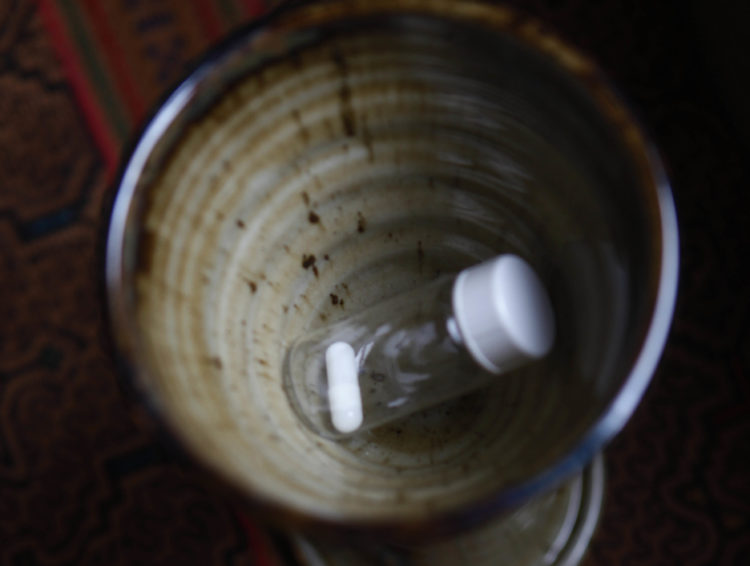The Food and Drug Administration (FDA) recently approved a new drug, called Emgality, intended to prevent migraines rather than just treat them.
Emgality, produced by pharma giant Eli Lilly (NYSE: LLY), is the third among a series of preventative migraine drugs that hacks migraine at its core by attacking the calcitonin gene-related peptide (CGRP). The CGRP is a neurotransmitter, found throughout the brain and body, plays a key role in migraines.
How do we know Emgality works?
Researchers tested Emgality in three studies where one group of 106 patients, with between four to 14 migraines a month, received the monthly injection, while the other group—the same number of people with similar conditions—received a placebo.
Eli Lilly found that subjects on the placebo reduced their migraine days to two, while those on the drug cut their migraine days to around four. In other words, the group of patients who received the drug reported more migraine-free days than those who received the placebo. On one of the trials, 11.5 percent of the patients reported a 100 percent reduction in their migraines, compared to the 5 percent in the placebo version who reported 100 percent reduction in their migraines.
“I have lived with migraine for more than 30 years, and I have experienced firsthand the impact it has on your life, including the ability to perform daily activities,” said Jill Dehlin, chair of the Patient Leadership Council of the National Headache Foundation.
“Those of us living with migraine have spent years hoping for new treatment options, and I am thankful for the efforts by researchers, investigators, and clinical trial patients who have helped make this possible,” added Dehlin.
Emgality costs $575 a month, or $6,900 a year, part of which may be covered by your health insurance. Eli Lily plans to promote itself by giving doctors who treat migraines starter kits of Emgality as well as providing migraine patients 12 months of the drug for free.
After that, the company is working on a cure for chronic cross-cluster headaches. These are different from migraines in that they’re more debilitating—they’re called “suicide headaches”—and resilient to CGRP-based drugs.
If Emgality succeeds as an anti-migraine drug it will be a significant development. It means victims no longer need to resort to treatment drugs like Imitrex and Relpax or to Botox and anti-seizure medications. It also means that one in seven people around the world can go about their work and private life without vomiting and blocking light and sound.
“Following more than 25 years of research in migraine,” Christi Shaw, president of Lilly Bio-Medicines announced in an earlier press release, “Lilly is excited to help usher in a new era of preventive migraine therapies that may substantially improve the current standard of care for people living with migraine.”
Already have an account? Sign In
Two ways to continue to read this article.
Subscribe
$1.99
every 4 weeks
- Unlimited access to all articles
- Support independent journalism
- Ad-free reading experience
Subscribe Now
Recurring Monthly. Cancel Anytime.











COMMENTS